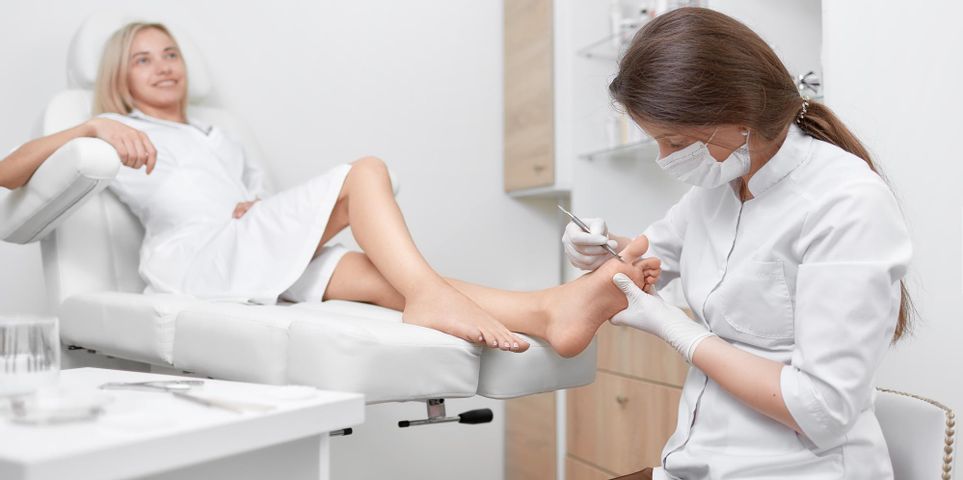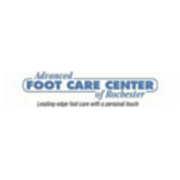
Hammertoe causes abnormal bending of one or more toes due to problems with the muscles, ligaments, or tendons. Typically most common in the second toe, it alters the shape of the adjacent joint, causing redness, swelling, and pain. If you have this condition, knowing more about it will help you minimize its symptoms. Here’s what you should know.
What Causes Hammertoe?
Crowding typically causes this condition. Crowding prevents the toes from lying flat, causing them to become fixed in a curled position. Injuries that jam or break a toe can also damage the muscles, joints, and ligaments in the area, leading to deformities.
Age increases the risk of developing hammertoe, and the condition is more commonly diagnosed in women. Having a second toe that’s longer than the big one also increases the risk of compression that could lead to this condition. Arthritis, diabetes, and other disorders that compromise nerve and joint function also make someone more susceptible to these deformities.
How Can You Relieve Hammertoe Discomfort?
 Stay comfortable by wearing the right shoes. Avoid options with pointed toe boxes, as these cause compression. Choose pairs that provide plenty of room in the front. Shoes with adjustable laces or straps are ideal, since your feet swell throughout the day and loosening your shoes will relieve pressure.
Stay comfortable by wearing the right shoes. Avoid options with pointed toe boxes, as these cause compression. Choose pairs that provide plenty of room in the front. Shoes with adjustable laces or straps are ideal, since your feet swell throughout the day and loosening your shoes will relieve pressure.
There are also several noninvasive treatment options. For example, lining your footwear with orthotic padding that supports the arches will relieve pressure and slow the condition’s progression. A podiatrist may also recommend using a pumice stone or exfoliating scrub to file calluses down. Putting moleskin padding on top of the hammertoe joint will also prevent shoes from rubbing over the area, easing discomfort.
As soon as you notice the symptoms of hammertoe, get in touch with Advanced Foot Care Center of Rochester. Serving Monroe County, NY, this foot doctor has over 30 years of experience providing both noninvasive and surgical procedures to relieve foot pain. Call (585) 249-0020 to schedule an initial consultation, or visit their website to learn more about your treatment options.
About the Business
Have a question? Ask the experts!
Send your question

